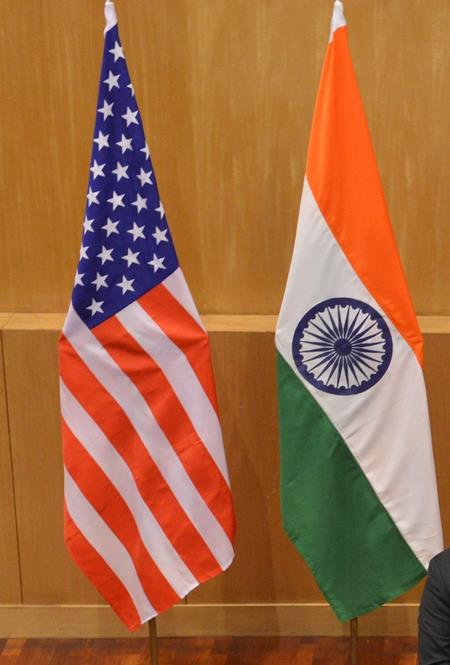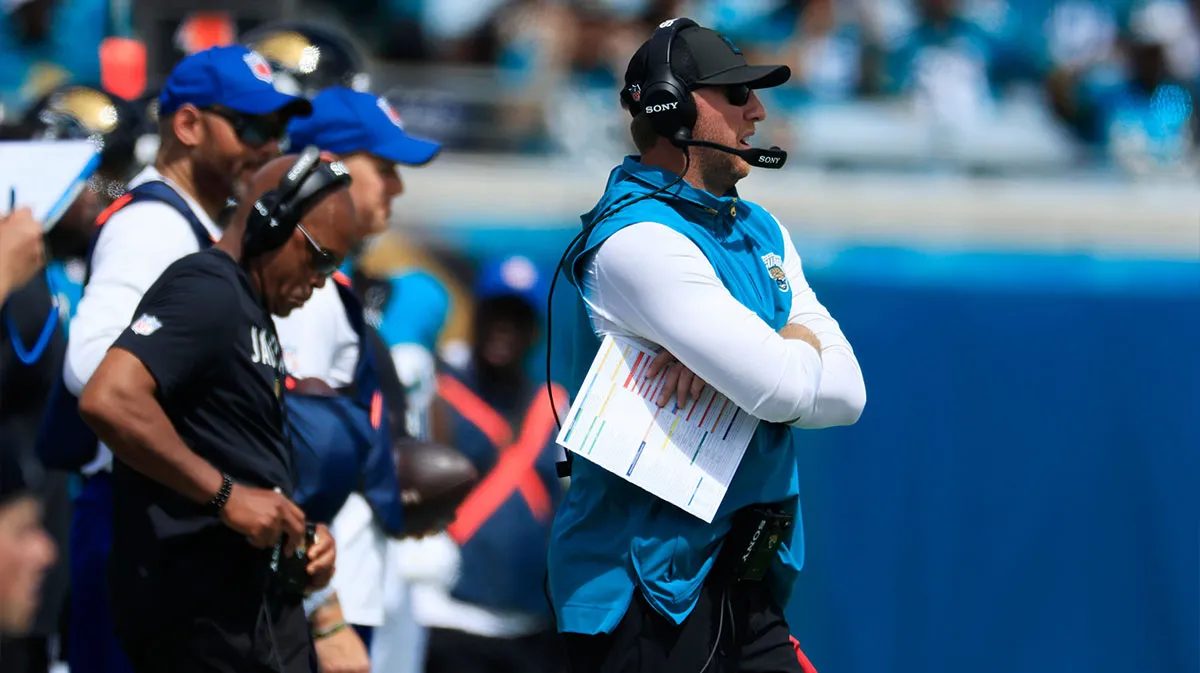Copyright deccanchronicle

Hyderabad: A two-judge panel of the Telangana High Court suspended a single-judge order and a labour court award directing Hindustan Coca-Cola Beverages Private Ltd. to pay Rs 12.48 lakh to a dismissed employee. The panel comprising Chief Justice Aparesh Kumar Singh and Justice G.M. Mohiuddin was hearing a writ appeal filed by Hindustan Coca-Cola Beverages Private Limited challenging the award passed in an industrial dispute case and the order of the single judge in a writ plea. The single judge earlier dismissed the company’s challenge to the labour court award. The dispute arose after an Internal Complaints Committee (ICC) constituted by the company, pursuant to the Sexual Harassment of Women at Workplace (Prevention, Prohibition and Redressal) Act, 2013, found misconduct proved against the workman. Relying on the ICC report, the management dismissed the employee and settled his account. The dismissed employee Monguluru Harish approached labour court II, Hyderabad, under the Industrial Disputes Act, which, after hearing both sides, upheld the validity of the domestic inquiry but, in the award impugned, declined reinstatement and directed the company to pay compensation of Rs 12,48,000 in lieu of reinstatement. The management challenged the award before the High Court. Counsel for the company argued that having upheld the ICC inquiry, the labour court erred in substituting the punishment imposed by the employer and that interference with the punishment was unwarranted unless the inquiry or its findings were perverse. Relying on Supreme Court precedents, the company submitted that the disciplinary authority’s assessment of penalty and loss of confidence could not be lightly interfered with. The workman, while defending the award, urged that the labour court correctly exercised its powers under Section 11-A of the Industrial Disputes Act to reappraise evidence and that compensation in lieu of reinstatement was justified given his long service and other considerations recorded by the labour court. After briefly hearing the writ appeal, the panel suspended the operation of the single-judge order and the labour court award.Consider PhD entrance topper: HC Justice Surepalli Nanda of the Telangana High Court directed Osmania University to reconsider the admission case of a 41-year-old Central government employee who was denied entry into the PhD programme in Electronics and Communication Engineering despite securing Rank 1 in the entrance test. The judge was hearing a writ petition filed by Vamsi Krishna Guntapudi, who alleged that his name was omitted from the 2025-26 admission list even though he topped the exam in the general category. The petitioner contended that he applied for the PhD Entrance Test 2025 and secured the first rank in the general category. However, his name was not included in the admission list issued by the university. He further submitted that he paid the prescribed fee of Rs 1,500 and made several representations through email and written communication to the Registrar, dean, faculty of engineering, and the vice-chancellor, but received no response. The university contended that the PhD results were already declared and that the selected candidates completed the document verification process, leaving no seats available at present. Justice Nanda, observing that the petitioner’s grievance related to his career and academic future, directed Osmania University to consider the petitioner’s representation, verify his eligibility and local category documents, and reassess his case on merit. The judge posted the matter for further hearing. HC declines to quash cheating case on builder Justice J. Sreenivas Rao, of the Telangana High Court, declined to quash the criminal proceedings against two accused in a cheating case linked to a stalled residential project in King Koti, Hyderabad. The judge was hearing a criminal petition filed by G. Gopal Reddy, a builder, to quash the FIR registered in connection with the offence of cheating under Section 420 of the IPC. The complainant alleged that though the project “Precision Towers” was to be completed within two years of a 2007 development agreement, the builder delayed it for nearly a decade, failed to deliver his rightful share of two flats, and retained the original property documents. He also argued that the development agreement included an arbitration clause. Possession of the flats, he said, had already been given to the complainant’s brothers under a family understanding, negating any dishonest intent. The petitioner contended that the dispute was purely civil in nature and that the complainant had already filed a civil suit challenging the same deeds. He also pointed out that the development agreement contained an arbitration clause and that possession of the flats was given to the complainant’s brothers under a family understanding, thereby negating any dishonest intent. Rejecting the submissions, Justice Sreenivas Rao observed that the...



